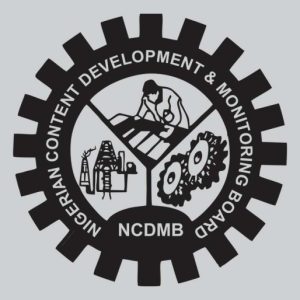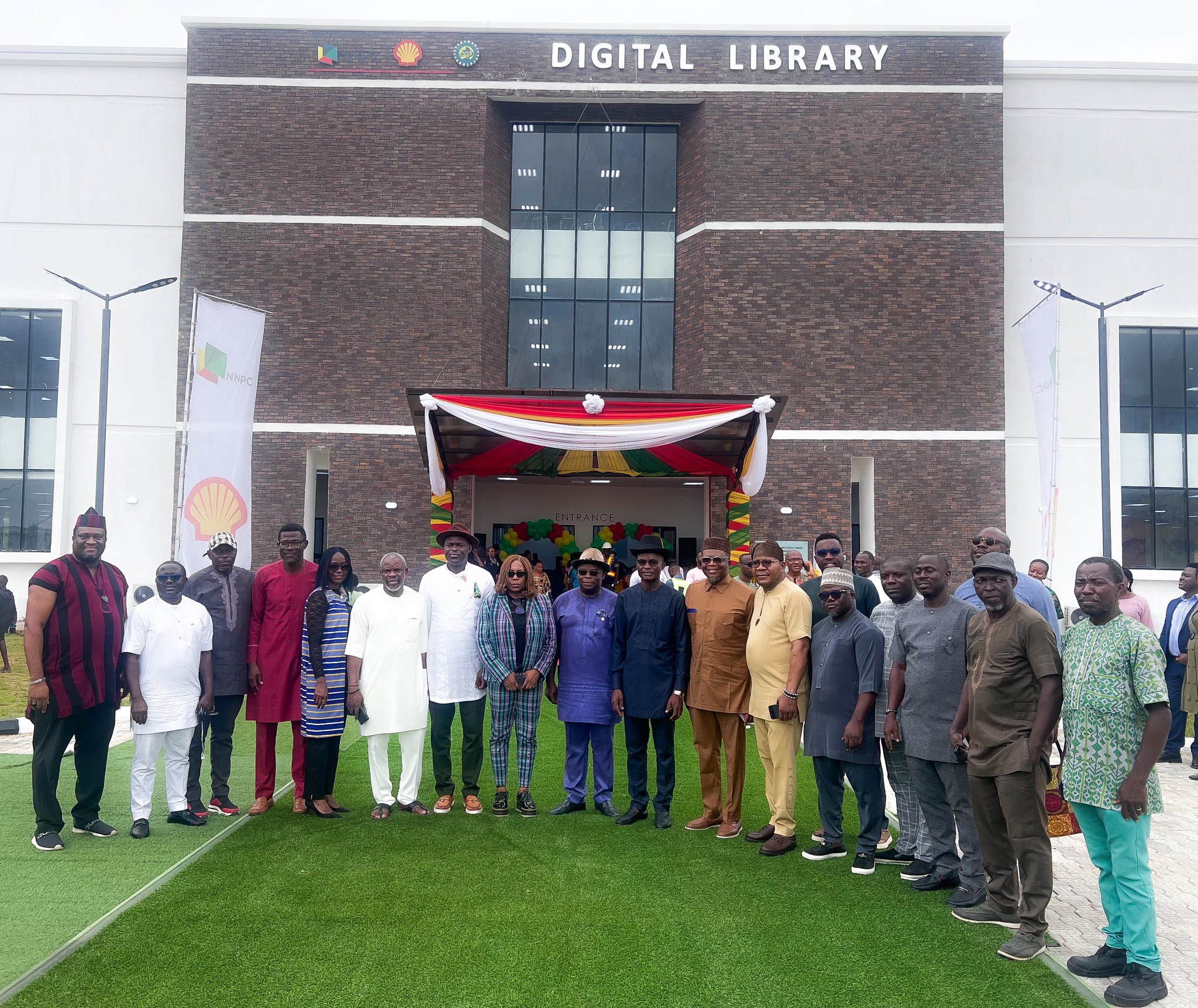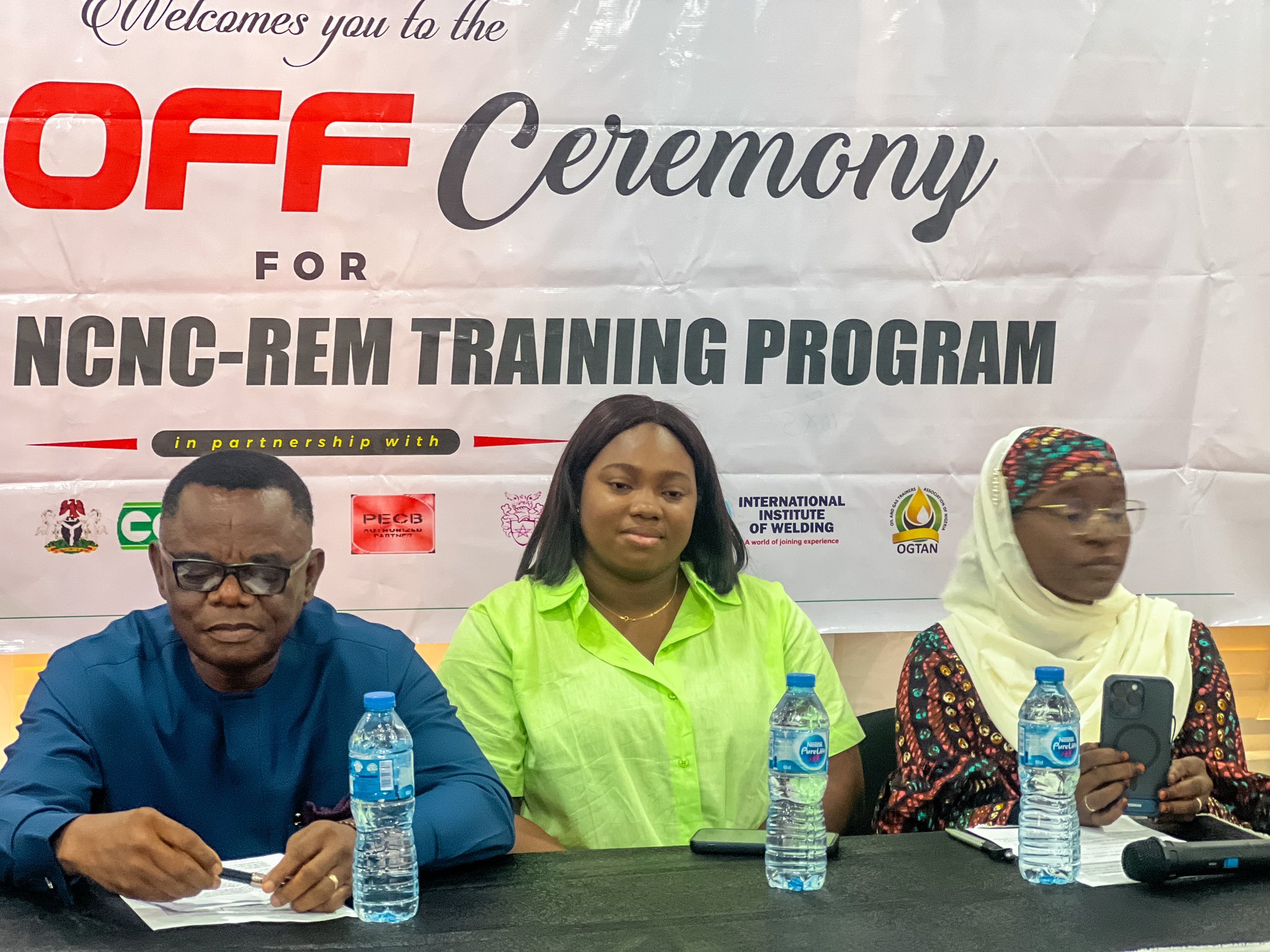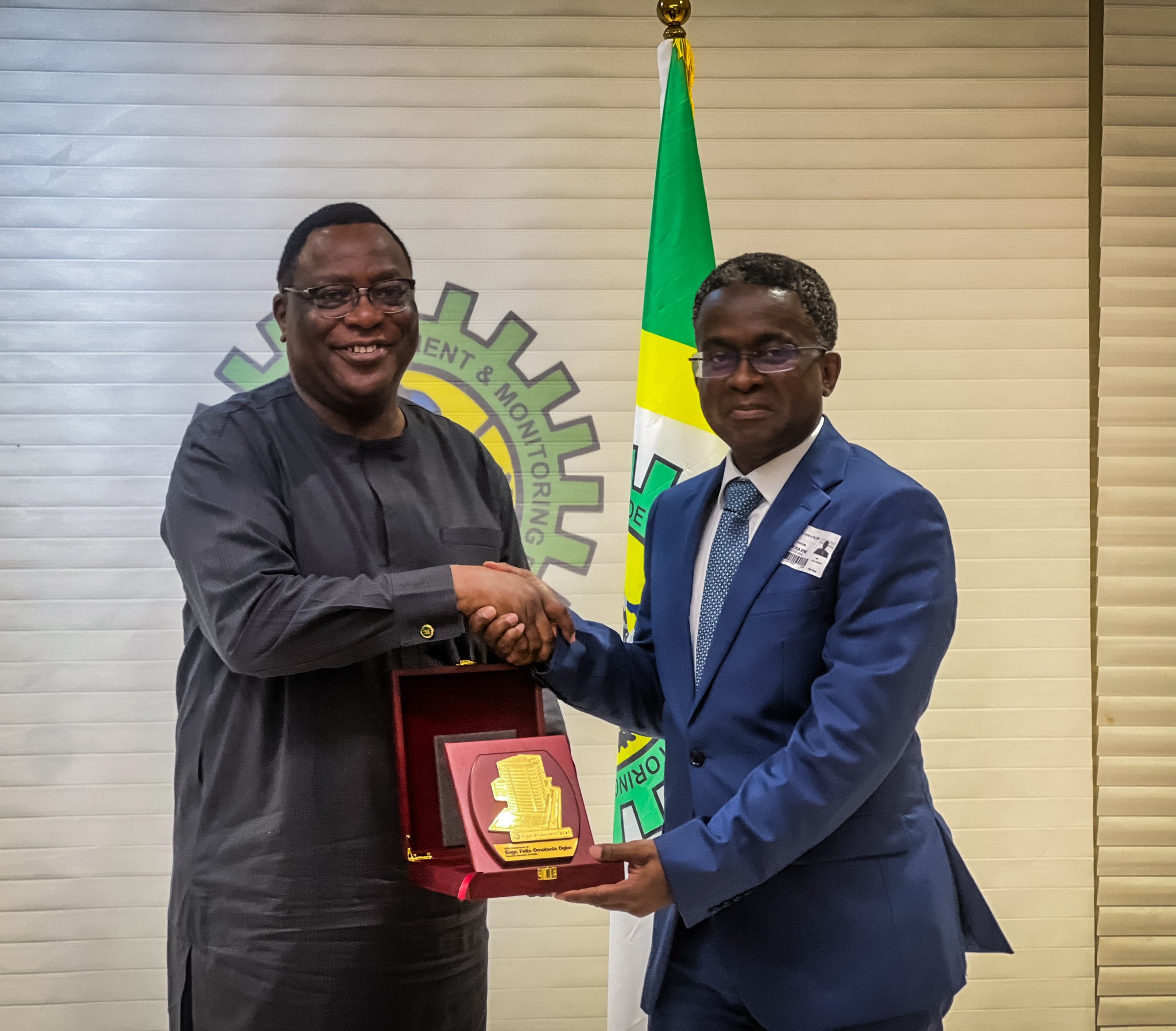
The Nigerian Content Development and Monitoring Board (NCDMB) will partner with the Oil Producers Trade Section (OPTS) – the umbrella body of major oil producing companies to develop an oil and gas industry marine vessels standards.
The Executive Secretary of NCDMB, Engr. Simbi Kesiye Wabote gave the hint on Tuesday in Abuja when received the new executive committee of the Shipowners Association of Nigeria (SOAN) led by the President, Dr. Mkgeorge Onyung.
The standards will be applied in marine tenders by all oil and gas operators and will specify uniform technical specifications that must be met by marine vessels that will work in the oil and gas industry.
The conceptualization of the standards will have inputs from relevant stakeholders and will enhance business opportunities for marine operators and stimulate capacity building, efficient maintenance of vessels and optimum service delivery, Wabote explained.
He added that NCDMB was desirous to promote the development of shipyards and would collaborate with the shipowners or any group that would submit a bankable proposal on how to domicile that important capacity in-country.
Responding to a request by the shipowners for the Board to relax certain conditions which made it difficult for them to access the Nigerian Content Intervention (NCI Fund), the Executive Secretary insisted that existing conditions on the NCI Fund would remain.
He clarified that the Board instituted those conditions, including the demand for Bank Guarantee from the applicant’s commercial bank, so as to guard against failure of the loans and the entire credit scheme. “We set tight conditions because we do not want the Fund to fail,” he added.
He described the NCI Fund as phenomenal success, noting that 90 percent of the funds have been accessed by oil and gas companies that met the set conditions.
Earlier in his remarks, President of SOAN, Dr. Mkgeorge Onyung stated that the visit was aimed to familiarize the Board with the new executive of the association and seek innovative ways both organisations could collaborate for the good of the industry.
He commended NCDMB for the impactful implementation of the Nigerian Content Act, which has led to the exponential growth of indigenous marine sector.
He also lauded the Board for developing the revised Marine Vessel Categorization Scheme and expressed hope that it would lead to more industry contracts for their members.
Onyung stated that some members of the association were working with foreign partners to start ship building and repair centres in Nigeria and will require support and collaboration from NCDMB.
He declared that shipping consisted of 90 percent of global trade and SOAN wanted to contribute its quota to national economic development. He said the association was planning to organize a national conference and would use the forum to showcase how Nigerian Content had provided an enabling environment for shipping to thrive.
In their contributions, other executive members of SOAN sought the Board’s intervention towards getting international oil companies to change the 10-year age restriction they placed by on marine vessels that would be hired in the Nigerian oil and gas industry. According to them, it took an average of 5-6 years for a contracted vessel to break even, hence it would be highly unprofitable if such a vessel barred from working shortly after it clocked ten.
They also proposed a partnership arrangement with NCDMB whereby the Board would sponsor cadets to gain seatime onboard vessels owned by SOAN members.
They noted that the association operated a similar scheme with the Maritime Academy Oron, Akwa Ibom State and presently had 59 cadets onboard ships, with the school paying a discounted rate for the opportunities.
The also pleaded with the Board to compel the Nigerian National Petroleum Corporation (NNPC) to use indigenous owned tankers for transhipment of its products. They regretted that only one Nigerian owned tanker was engaged by the NNPC in contravention of Nigerian Content dictates.
Responding, the Executive Secretary stated the Board’s readiness to partner with SOAN to provide seatime experience to young Nigerians and charged the association to submit a detailed proposal on the idea.
He also stated that NCDMB was already exploring an arrangement whereby ExxonMobil Nigeria would deploy a training vessel as a Capacity Development Initiative (CDI). The training vessel would have extra deck spaces for cadets and operate under a sustainable arrangement.
He also challenged SOAN to engage the Nigerian Maritime Administration and Safety Agency (NIMASA), NNPC and Nigerian Ports Authority (NPA) on some of its demands, which border on the mandate of those agencies.







